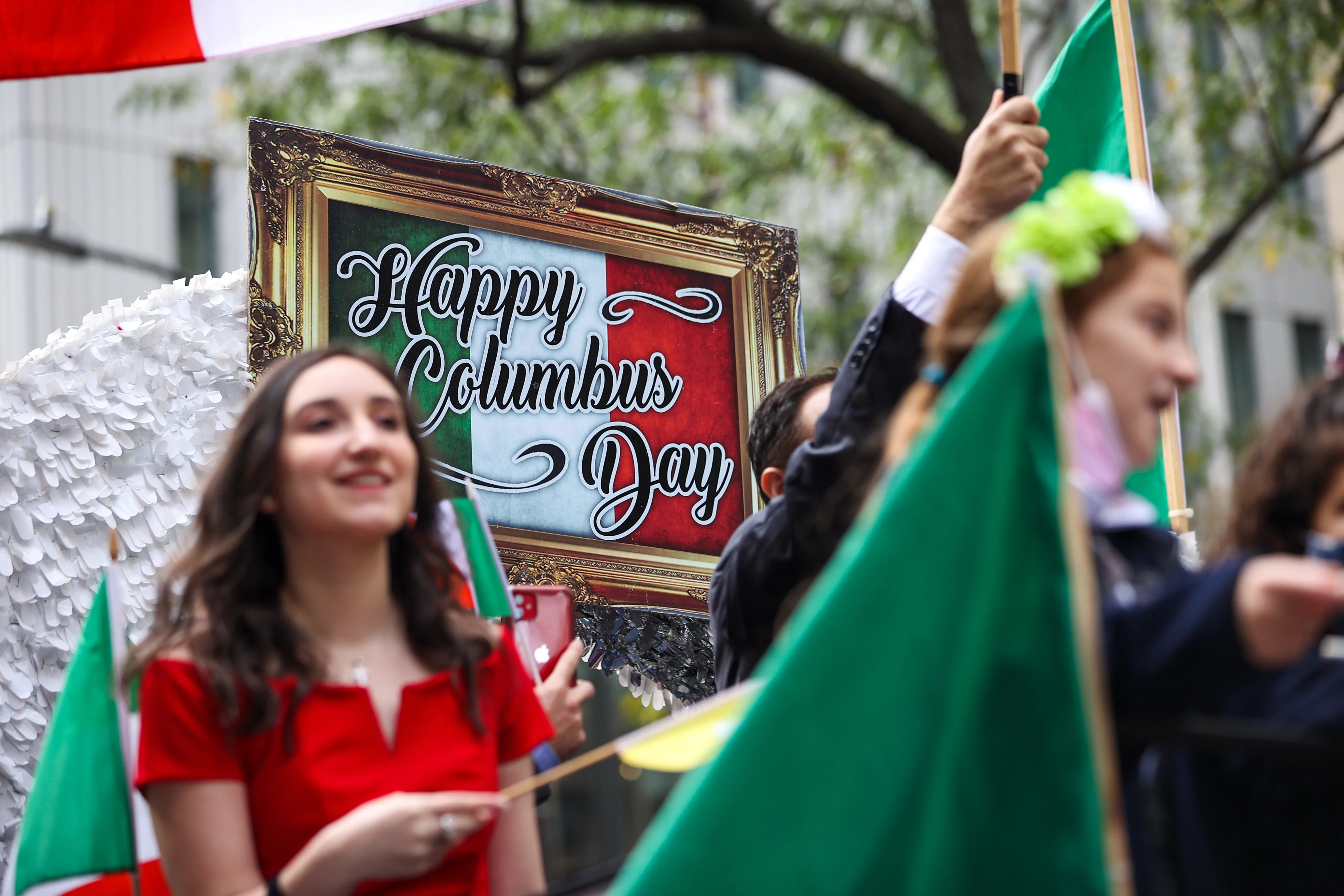Understanding Columbus Day: A Deep Dive Into Its Controversial Legacy

Rethinking Our History of Columbus Day
Columbus Day has been a federal holiday since 1937, rooted in American history and often representing complex themes of racism and xenophobia. As we celebrate this day, it's crucial to recognize its dual significance: honoring Italian-American contributions while acknowledging the historical injustices faced by Indigenous populations.
From Celebration to Controversy
- Columbus Day was established amidst a backdrop of discrimination against Italian immigrants.
- Recent discussions have birthed Indigenous Peoples’ Day, encouraging people to reflect on the impact of colonization.
- States have the autonomy to recognize either holiday, reflecting their community values.
As scholars and activists push boundaries, it’s vital to ask ourselves what Columbus Day signifies in today’s world.
Contextualizing Columbus: The Man and the Myth
Christopher Columbus, though celebrated, needs a critical reevaluation. His voyages initiated a harrowing period of colonization that marginalized Indigenous voices. Despite the traditional narrative praising Columbus, his story is interwoven with themes of oppression and violence.
The Shift in Historical Perspective
- Italian Americans embraced Columbus as a symbol of pride.
- Amidst current societal changes, many are reconsidering his legacy.
- Acknowledge the celebration of Indigenous cultures as a vital aspect of our history.
Columbus Day now stands at a crossroads, inviting meaningful conversations about identity and history.
This article was prepared using information from open sources in accordance with the principles of Ethical Policy. The editorial team is not responsible for absolute accuracy, as it relies on data from the sources referenced.